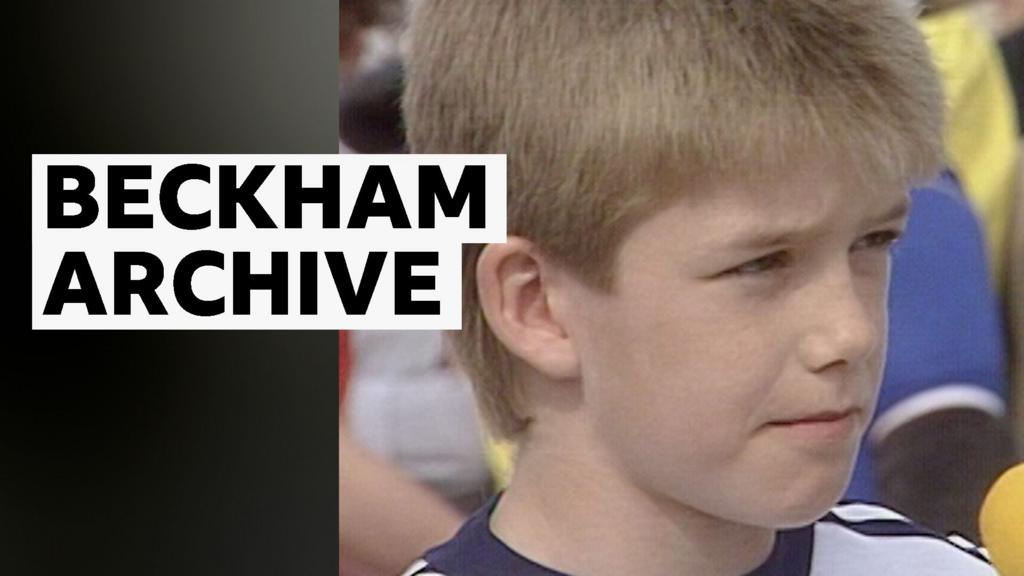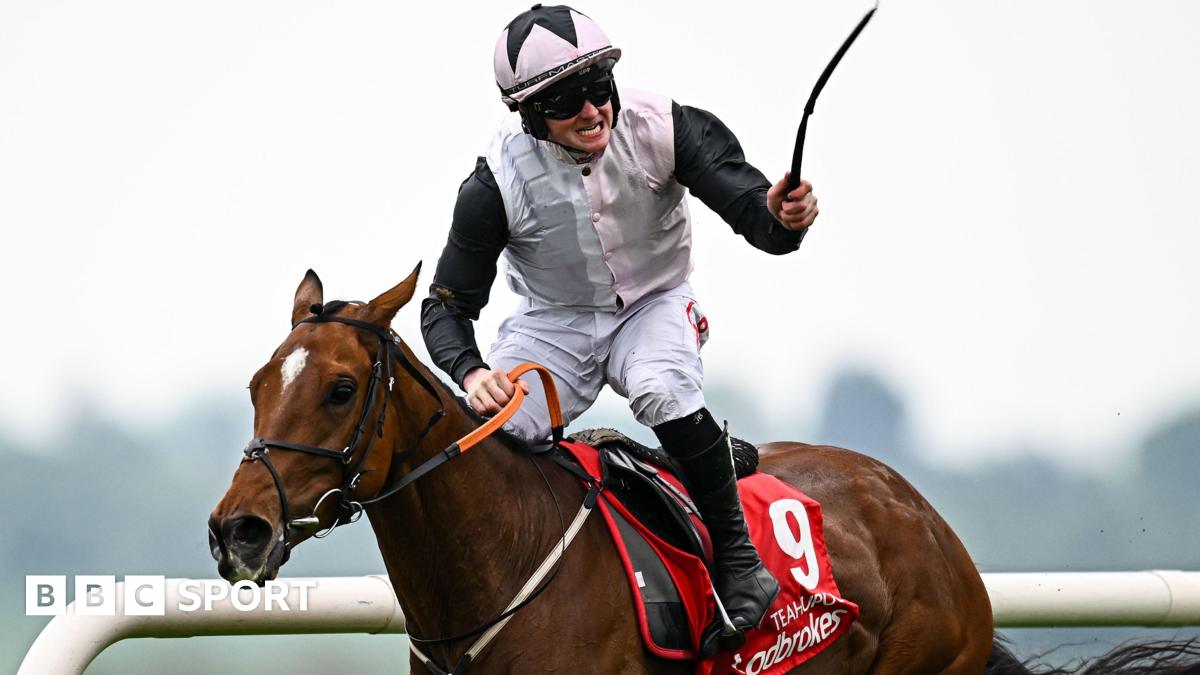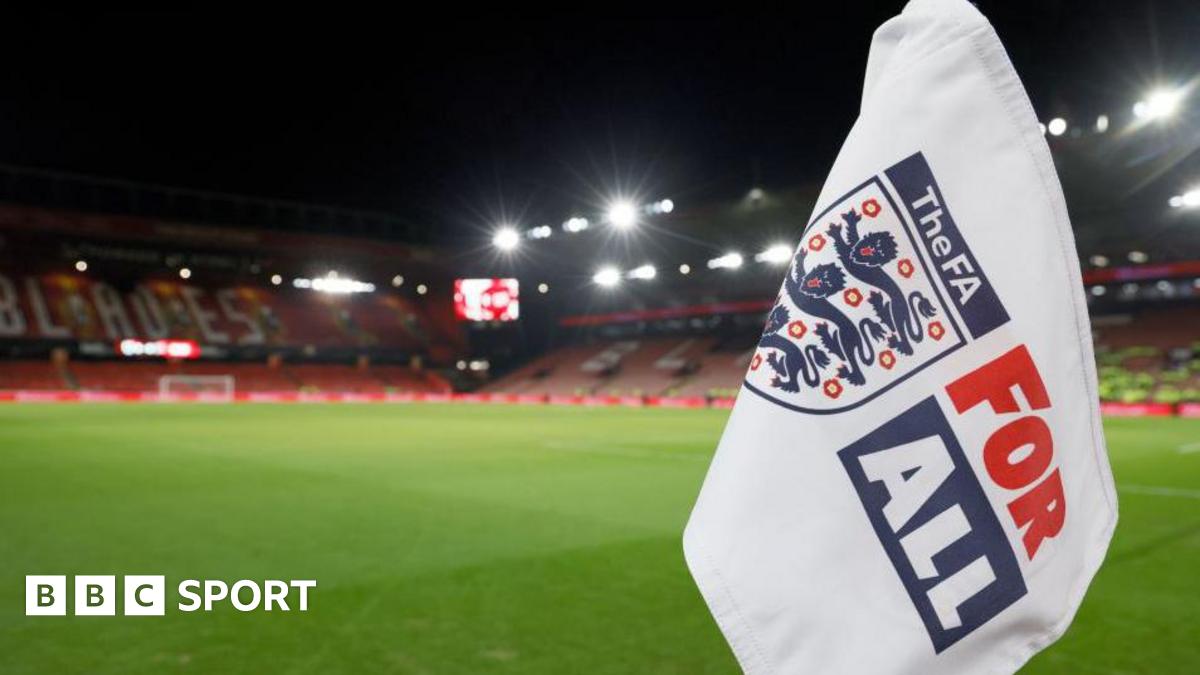ARTICLE AD BOX
Vitor Pereira walks up the stairs of a pub in Shropshire, sits and puts his pint down.
"I'm in a good mood today, the weather is good, more beer, please," jokes the Wolves head coach, who adds that he enjoys a pint of Stella.
Pereira is holding court at a round table upstairs in a country pub just outside Wolverhampton, five months into his reign at Molineux.
This is not some gimmick he has done before at other clubs. The relationship with media in other countries - Pereira has worked in Portugal, Brazil, Greece, Turkey, Saudi and China - is very different.
But if interviewing a Premier League manager in a pub sounds both highly unusual and also a throwback to the 1980s, the setting makes more sense given the 56-year-old's habit of celebrating wins by "being with the people".
"First the points, then the pints" was a phrase coined by Pereira which has transferred to the stands, with the words now adorning a banner at Molineux.
It came as Wolves battled the drop, but a run of six straight wins, their best in the top flight for 55 years, has the club now safely mid-table in the Premier League.
Pereira has endeared himself to Wolves supporters, and the town, with his desire to understand them and the area.
Trips to the local Wetherspoons near the train station after victories have become a fixture - with Molineux serenading him with 'We'll see you in 'Spoons' during Saturday's 3-0 win over Leicester.
"What do we do in Wolverhampton after a game? If I lose the game I stay home and drink my beer alone. If I win the game, I go with the supporters to celebrate," Pereira tells BBC Sport.
"The connection with the people is stronger when we suffer together and, when you are in a situation where you are fighting for survival, you feel this connection.
"In the moments we are suffering, you feel we are suffering together. In the moments of celebration, you need to be with them.
"In Wolverhampton, where do you want me to go? I must go to a pub, because this is the culture and where people go.
"When I go to a pub it's not about the beer. Of course I like the beer but I go to be with the people, to feel that I'm doing something to make them happy, to make them proud.
"Work, home, then we go to a pub just for a beer or two beers and finish. This is our life."
The down-to-earth philosophy comes from Pereira's upbringing.
Growing up on the coast in Espinho, 10 miles south of Porto, he recalls the harsh conditions he endured which have shaped him.
"It was a very humble village with fishermen and we grew up on the street," he said.
"Fighting together, fighting for the space. Competing and fighting. But this is what I have inside of me. This is the power.
"My house was 50 metres from the beach. At the time my father didn't have money so we lived 'underground'.
"The sea, in the winter, came strong, without barriers. Every winter, for three months, there was water inside. We had to rebuild the house. Every time there was water in the walls and a bad smell. I felt ashamed because my clothes smelled.
"You felt wet every time, that was our life.
"[Yet] I was a very happy teenager at the time because in this kind of community we have the confident guys together. When I look back, this power I feel inside of me came from this time."
His playing career, Pereira readily admits, was underwhelming. He played as a midfielder for lesser-known Portuguese clubs Avanca, Oliveirense, Esmoriz, Estarreja, Fiaes and Sao Joao de Ver and retired at 28.
Yet it was enough to help put him through a sports course at the University of Porto, as he finished second in his class while completing his coaching qualifications.
"I had a career, it was in the third division in Portugal but I got the money to do my course, to go to the university, to buy my car, to buy my clothes," he said.
"Since I was 16 years-old, I never asked for one euro from my parents. After 16, small jobs, to get money, to go to the discos.
"On Saturdays, I was a lifeguard on the beach. They paid me a lot of money. I saw the sun and I saved people.
"I was 18 and 19 at that time - no worries. I went to the university. I did some small jobs to get some money and I started to save. I'm now 56. But my sons will spend the money, don't worry!"
His three sons are all in their 20s and Pereira, who always felt being a coach was his calling, does not want - or expect - them to follow him into football.
"The sacrifices you have to make. I don't want this life for my sons," he says.
"They cannot have a family life in this job. It's impossible. We have a lot of moments where we suffer a lot and alone. I think we are always in a pre-depression.
"For me, the competition is like a drug. Passion and a drug. I cannot live without it because after one month I start to be nervous. I cannot enjoy nothing."
It is clear Pereira misses his family, having travelled the globe since he started managing Padroense juniors in 2003.
He eventually became Porto assistant, to Andre Villas-Boas, and was in that role when they won the Europa League in 2011, replacing Villas-Boas when he moved to Chelsea.
His first game was against Pep Guardiola's Barcelona in the Super Cup, a 2-0 defeat, but he won successive Primeira Liga titles before joining Al-Ahli and then Olympiacos, lifting the Greek Super League.
Spells at 1860 Munich, Shanghai, Fenerbahce, Corinthians, Flamengo and Al Shabab followed before he joined Wolves, yet the intensity of management is not something which bothers him.
He said: "I cannot speak about this because I don't want to cry, I have moments in my life. When I arrived in Brazil, I went to Corinthians. If you see the stadium of Corinthians and Flamengo, they have millions of supporters.
"When I met the press they ask me, 'Vitor, you don't feel the pressure?'. I'll tell you about the pressure. The pressure was when my father had cancer, my brother was dying, my mother was crying.
"When we deal with this, football is football. I don't feel any pressure, nothing. Zero. believe me."
Wolves go to Manchester City on Friday without pressure - after their 1-0 win at Manchester United in April that sealed survival with five games remaining.
There will be change in the summer after this season's brush with relegation. Matheus Cunha is expected to leave, with Manchester United interested, and the Brazil forward, who has scored 15 goals, has a £62.5m release clause.
Pereira insists he cannot second-guess what will happen with Cunha, but that he will "wish him the best" either way. He says the 25-year-old has not directly told him he wants to leave, but is adamant he needs the power to shape the squad.
Many will feel he has earned it.
Only champions Liverpool and Newcastle have won more games than Pereira's 10 in his 18 matches since he replaced Gary O'Neil in September - while Wolves have won more points than relegated trio of Ipswich, Leicester and Southampton combined in that same period.
Wolves were second bottom and five points adrift of the Foxes when he took over, they are now 23 ahead and 13th. Pereira will not need to buy another drink in Wolverhampton.
"Every time, I think I can do better and better and better because I just expressed half of myself," he adds.
"I have a lot to prove. If I'm in the right place to challenge me, I can do magic. Believe me."

 3 hours ago
7
3 hours ago
7








 English (US) ·
English (US) ·